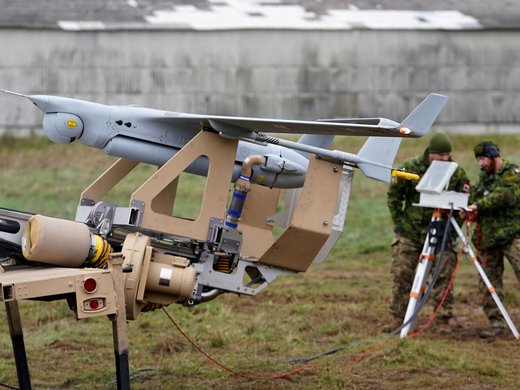Recent advances in artificial intelligence (AI) are garnering widespread attention, with an accelerating pace of breakthroughs and releases matched by a flourish of media commentary, public debate and national and international policy initiatives. However, most people are still largely focused on the types of AI systems that exist today, while significantly underestimating and underpreparing for the potential power, pace of development and scale of implications of AI systems that could exist in the years ahead. As part of CIGI’s Global AI Risks Initiative, this discussion paper, by lead authors Duncan Cass-Beggs and Stephen Clare, with contributions from Dawn Dimowo and Zaheed Kara, explores three emerging global-scale challenges posed by advanced AI that could require international cooperation. These relate to realizing the global benefits of AI, mitigating the global risks and making legitimate choices about future implications of AI for humanity. To address these specific global AI challenges, the paper draws on a wealth of existing research and policy efforts, as well as valuable discussions and feedback from many quarters, and proposes the development of an international Framework Convention on Global AI Challenges accompanied by specific supporting protocols. The paper’s preliminary recommendations are intended to support further dialogue, reflection and action.


